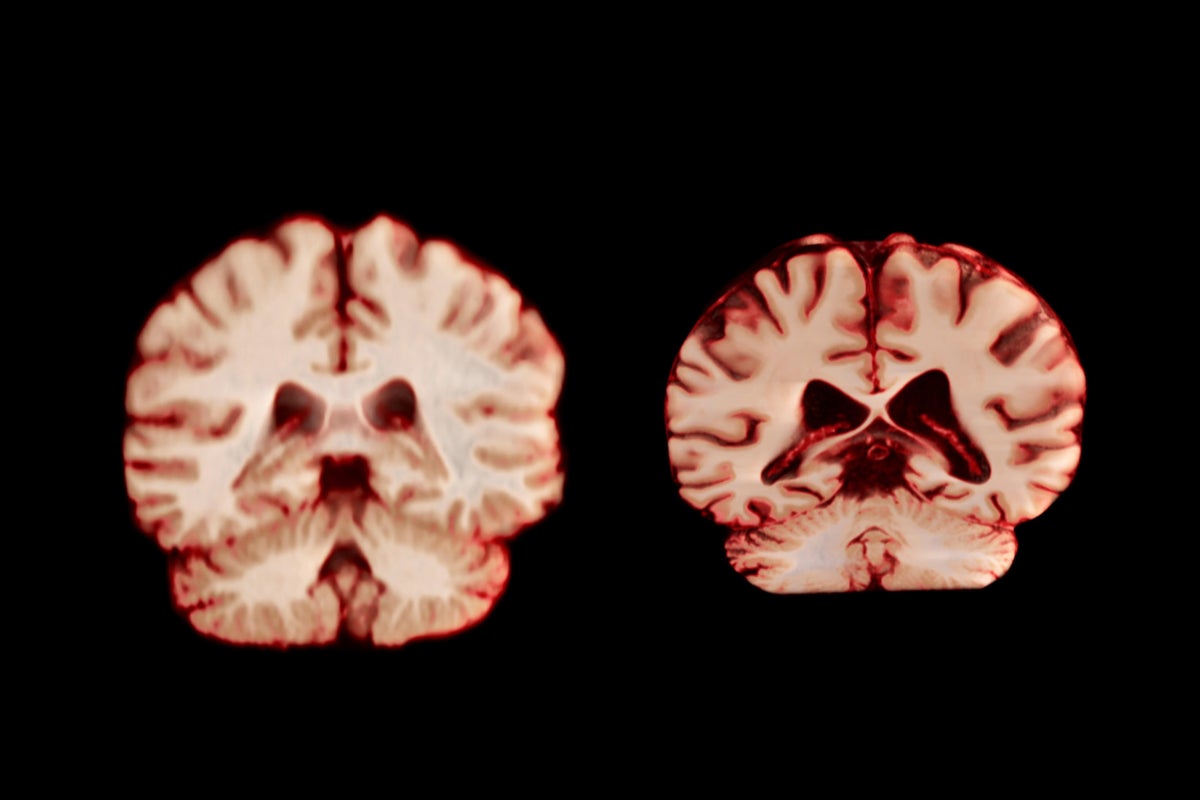Get the latest Science News and Discoveries
Tiny brain nanotubes found by Johns Hopkins may spread Alzheimer’s
Johns Hopkins scientists uncovered microscopic “nanotube” channels that neurons use to transfer toxic molecules. While this process clears waste, it can also spread harmful proteins like amyloid-beta. Alzheimer’s-model mice showed more nanotubes early on, hinting at a link to disease development. Researchers hope to one day control nanotube formation as a potential therapy.
None
Or read this on ScienceDaily

